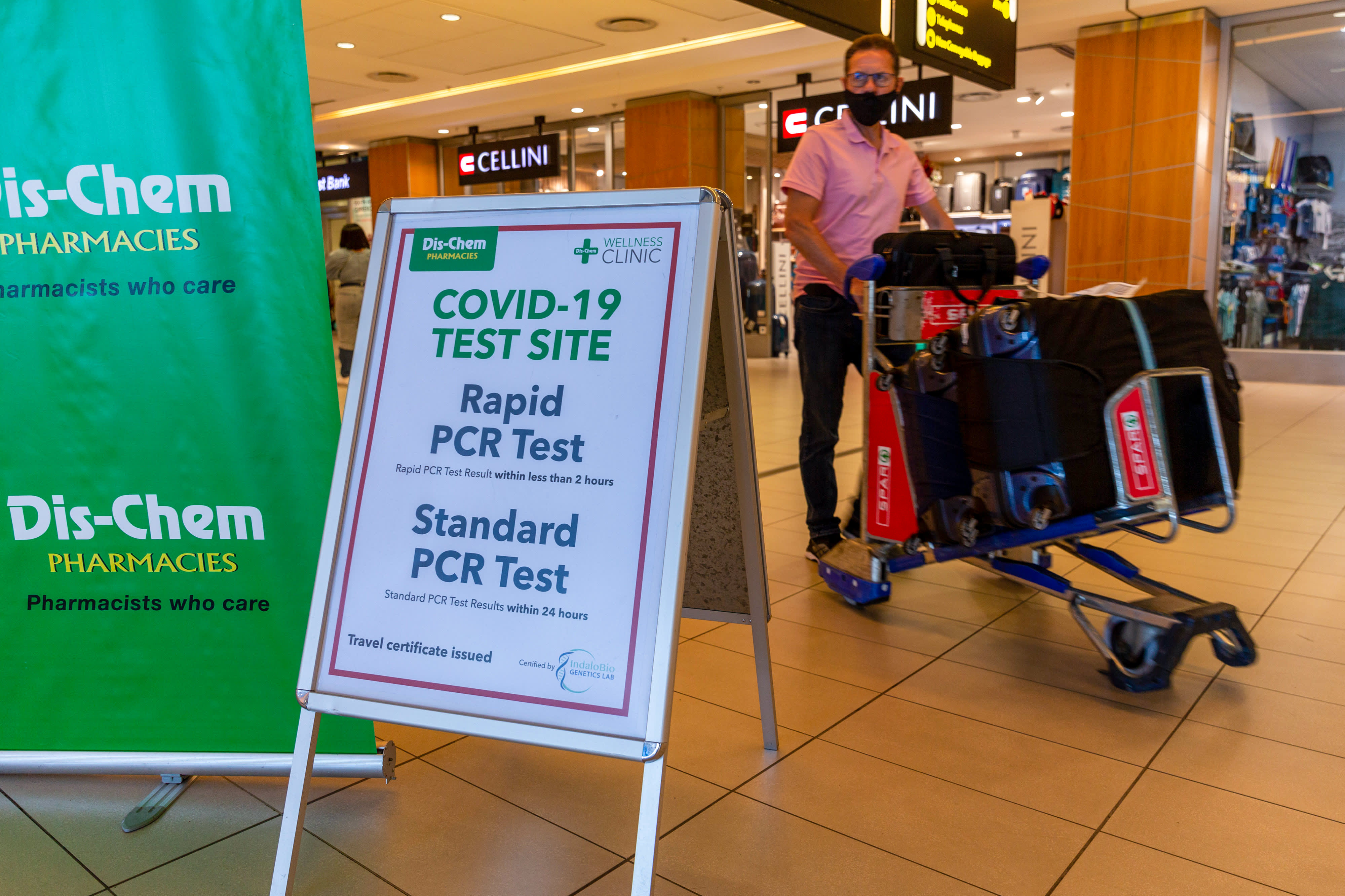The World Health Organization on Wednesday cautioned that omicron has not spread widely among the populations most at risk, making it difficult to determine whether or not the Covid variant is inherently less severe than previous strains of the virus.
Dr. Abdi Mahamud, the WHO’s incident manager for Covid, said data from South Africa suggesting omicron causes milder illness is encouraging, but the variant has mostly infected younger people so far who generally develop less severe disease from Covid.
“We all want this disease to be milder, but the population it affected so far is the younger. How it behaves in the elderly population, the vulnerable — we don’t know yet,” Mahamud said during a press briefing in Geneva.
“It’s too early to determine,” Mahamud said, adding that there’s not enough data on how omicron affects people over 60, those who have underlying medical conditions, and the unvaccinated. “We’re optimistic, but I think we shouldn’t over interpret the data coming from South Africa.”
Dr. Mike Ryan, executive director of the WHO health emergencies program, noted that large numbers of people in South Africa have antibodies from prior infection. Those antibodies could provide some degree of immune protection, making omicron look milder than it would be in a population where many people do not have antibodies from prior infection.
Ryan cautioned that hospitalizations are rising in some countries in Europe, but it’s unclear whether the increase is from omicron or delta. He said omicron is slowly moving into older age groups, and more data will soon emerge on how it is impacting those people.
“What we haven’t seen is the omicron wave fully established in the broader population,” Ryan said. “I’m a little nervous to make positive predictions until we see how well the vaccine protection is going to work in those older and more vulnerable populations.”
Ryan, echoing the warnings of many public health officials, said omicron can still produce high levels of hospitalizations simply because it spreads so quickly. The WHO has previously said omicron spreads faster than any past variant of Covid.
“I don’t think anyone is certain yet as to how this is going to play out,” Ryan said. “It’s really important over the coming weeks that we suppress transmission of both variants to the minimum that we can until we see what the impact of this virus is in those older, more vulnerable populations.”
South African scientists who studied hospital admissions at a large hospital in the city of Tshwane found that omicron caused less severe disease than past waves of infection.
Covid deaths at the hospital were 4.5% during omicron compared to 21.3% in past waves, while admissions to intensive care units were 1% during omicron compared to 4.3% in past waves. About 45% of patients in Covid wards required supplemental oxygen during omicron, compared to 99.5% during the first wave of the virus in South Africa.
White House chief medical advisor Dr. Anthony Fauci on Wednesday said all indications so far suggest omicron causes less severe disease than the delta variant. However, Fauci cautioned against complacency, noting that it’s unclear how omicron will impact countries with different demographics such as the United States.
